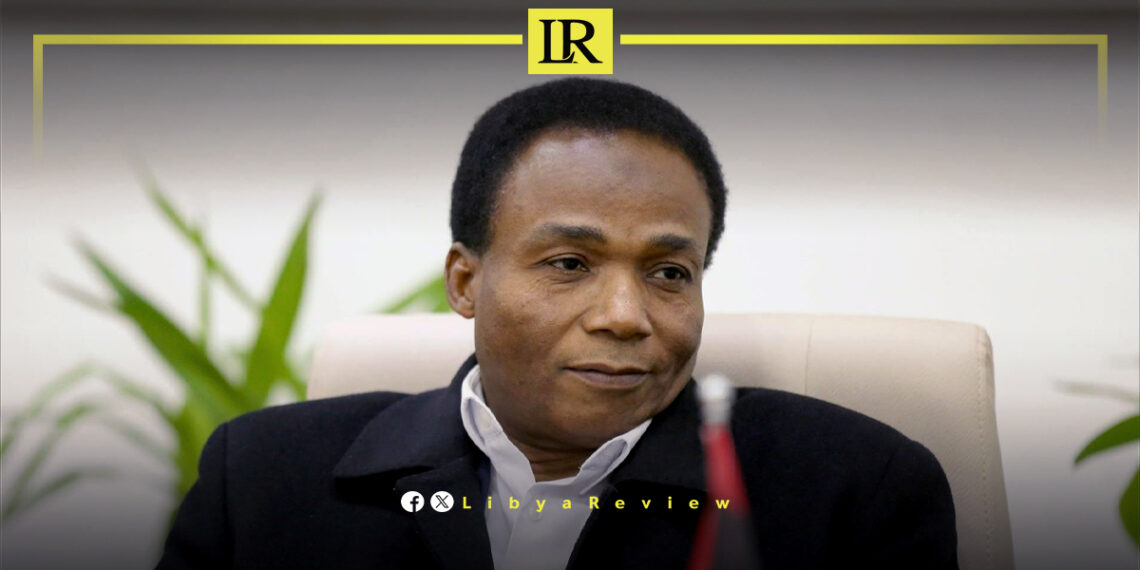Jaballah Al-Shibani, a member of the Libyan House of Representatives, has expressed concerns that the mission is attempting to manipulate the agreed-upon 6+6 electoral laws, potentially setting the political process back to its initial stages.
In a Facebook post, Al-Shibani reviewed the track record of the United Nations mission in Libya, reflecting on its recent advisory committee, its composition, tasks, and its stance on the 6+6 laws. He criticised the mission’s attempts to interfere with these laws, suggesting that this could revert the political process to square one.
He concluded by stating, “It becomes clear that there is more than meets the eye, that we are caught in a game of buying time and filling the void for the time being, driven by hidden agendas, like Don Quixote fighting windmills.”
Libya has been in chaos since a NATO-backed uprising toppled longtime leader Muammar Gaddafi in 2011. The county has for years been split between rival administrations.
Libya’s economy, heavily reliant on oil, has suffered due to the ongoing conflict. The instability has led to fluctuations in oil production and prices, impacting the global oil market and Libya’s economy.
The conflict has led to a significant humanitarian crisis in Libya, with thousands of people killed, and many more displaced. Migrants and refugees using Libya as a transit point to Europe have also faced dire conditions.
The planned elections for December 2021 were delayed due to disagreements over election laws and the eligibility of certain candidates. This delay has raised concerns about the feasibility of a peaceful political transition.
Despite the ceasefire, security remains a significant concern with sporadic fighting and the presence of mercenaries and foreign fighters. The unification of the military and the removal of foreign forces are crucial challenges.


